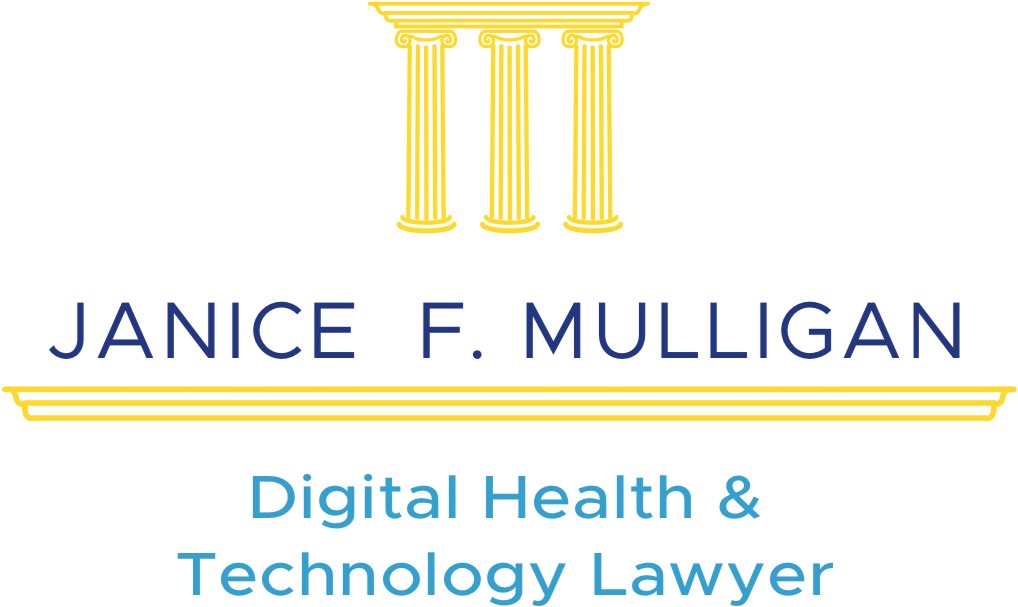Court Grants Class Action Certification Against Stem Cell Company StemGenex

On June 24, 2019, a class action was certified against a San Diego stem cell clinic, StemGenex, Inc., its owners and related entities. The lawsuit claims fraud, false advertising and violations of consumer law relating to stem cell treatments aggressively marketed to people with a variety of diseases and medical conditions. Moorer v. StemGenex Medical Group Inc., et al., United States District Court for the Southern District of California, Case No.: 16-cv-2816-AJB-NLS, Hon. Anthony J. Battaglia.
The case centers around patient satisfaction ratings that were published by the company on its website and in marketing materials showing 100% of prior patients were “satisfied” with the treatments. The lawsuit claims that prospective patients purchased the treatments in reliance upon those figures, which were false.
StemGenex argued that their ads were simply an accurate reflection of next-day tallies of how people felt about the service and the company after they had just had the treatment. But it was revealed during the lawsuit that the clinic had in fact received complaints from unsatisfied patients, for whom the stem cell treatments had little or no effect. Often, patients were told that the best remedy would be to return for a second, expensive treatment.
The class is comprised of hundreds of customers throughout the United States, all of whom had the same type of treatment, a stem cell process which used each person’s own belly fat, and all of whom paid Defendants the same amount – $14,900 per treatment. The Court ultimately agreed with the patients that their claims were suited for a class action, stating, “The questions asserted are common questions of fact and, as Plaintiffs acknowledge, the answers can apply to all class members in one swoop.”
In recent years, for-profit stem cell clinics have sprung up all around the country. They often utilize sales forces and promote crowdfunding as a means of marketing types of stem cells which are not approved by the FDA for use in the United States. In the absence of government oversight of private sector stem cell clinics, patients and consumers need to look to civil actions to protect their interests.
Plaintiff’s counsel, Mulligan Law, and Berger, Williams & Reynolds, in San Diego, continue on to the next phase of discovery and then to trial in the case.











